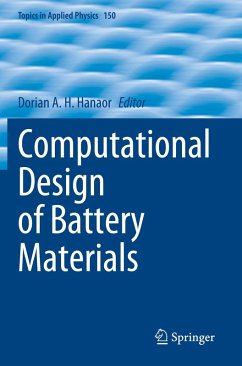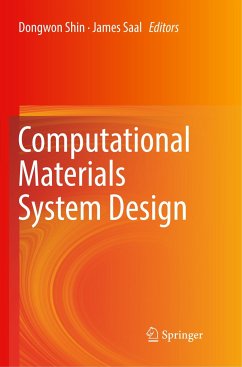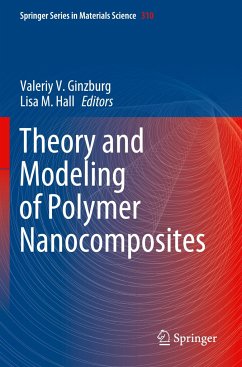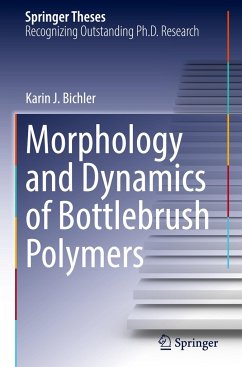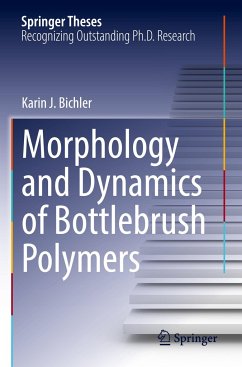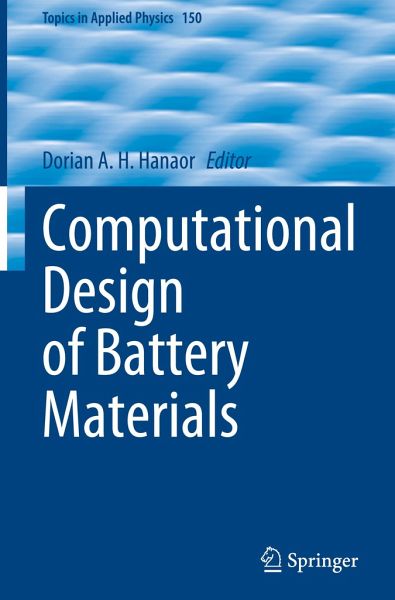
Computational Design of Battery Materials

PAYBACK Punkte
76 °P sammeln!
This book presents an essential survey of the state of the art in the application of diverse computational methods to the interpretation, prediction, and design of high-performance battery materials. Rechargeable batteries have become one of the most important technologies supporting the global transition from fossil fuels to renewable energy sources. Aided by the growth of high-performance computing and machine learning technologies, computational methods are being applied to design the battery materials of the future and pave the way to a more sustainable energy economy.In this contributed c...
This book presents an essential survey of the state of the art in the application of diverse computational methods to the interpretation, prediction, and design of high-performance battery materials. Rechargeable batteries have become one of the most important technologies supporting the global transition from fossil fuels to renewable energy sources. Aided by the growth of high-performance computing and machine learning technologies, computational methods are being applied to design the battery materials of the future and pave the way to a more sustainable energy economy.
In this contributed collection, leading battery material researchers from across the globe share their methods, insights, and expert knowledge in the application of computational methods for battery material design and interpretation. With chapters featuring an array of computational techniques applied to model the relevant properties of cathodes, anodes, and electrolytes, this book providesthe ideal starting point for any researcher looking to integrate computational tools in the development of next-generation battery materials and processes.
In this contributed collection, leading battery material researchers from across the globe share their methods, insights, and expert knowledge in the application of computational methods for battery material design and interpretation. With chapters featuring an array of computational techniques applied to model the relevant properties of cathodes, anodes, and electrolytes, this book providesthe ideal starting point for any researcher looking to integrate computational tools in the development of next-generation battery materials and processes.



